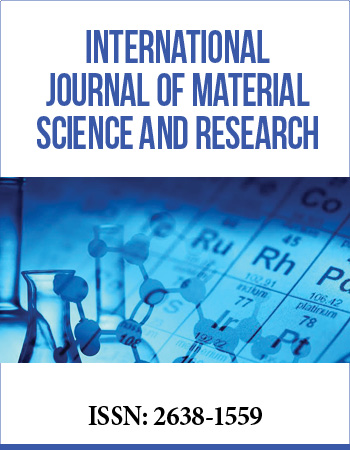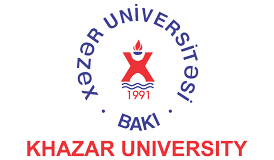International Conference on Materials Science and Research
November 16-18, 2017 Dubai, UAE
Multi-Bit Memory Devices Based on Ferroelectric Polymer
Department of Electronic Engineering, Jeju National University, Republic of Korea
A multi-bit memory is a memory capable of storing two or more data in one memory cell. In the case of a ferroelectric memory, a voltage variable type multi-bit memory device has been proposed so far. The polarization of the ferroelectric is represented by the average value of the dipole moments inside the thin film, which can be changed by the voltage or electric field applied in the external stimulus. Therefore, it is theoretically possible to store states corresponding to all polarization values from positive residual polarization to negative residual polarization. However, when implemented as an integrated circuit due to process errors and voltage fluctuations, the number of data that can be stored is limited due to reliability. In this paper, we propose a memory cell with twocapacitors of two different thicknesses. Because of the different thicknesses of the capacitors, the variability of polarization due to voltage variation and process error is minimized. The ferroelectric used is a ferroelectric polymer.
In addition, various process methods of the proposed structure will be mentioned. The first is the combination of the polymer film patterning and transferring, the second is the patterning and double coating of the polymer thin film, and the third is the same performance by using only the photosensitive polymer film without patterning the ferroelectric polymer film. Particularly, the third demonstration method will be more useful because it does not use vacuum equipment, it improves multi-bit memory productivity and compatibility with large area printing and printing process.
Biography:
Mr. Seong Cheol Moon is an undergraduate student at Jeju National University in Korea, and his research interests are semiconductor memorydevices. Prof. Dr Woo Young Kim is an assistant professor at Jeju National University in Korea. His research fields include applications of ferroelectric polymer and graphene process.
Acknowledgement: This research was financially supported by The Project Management Center Cultivating Smart Grid & Clean Energy Manpowers (CK-1), JNU



